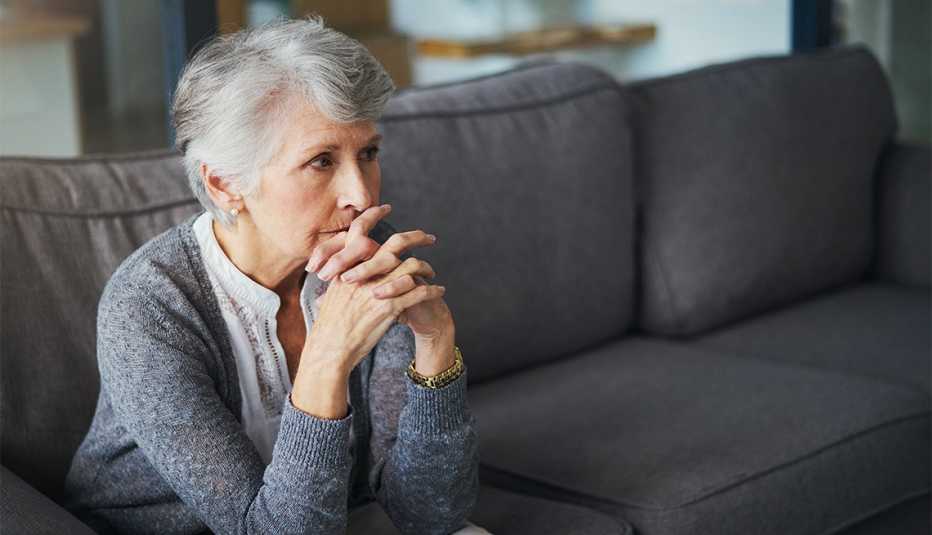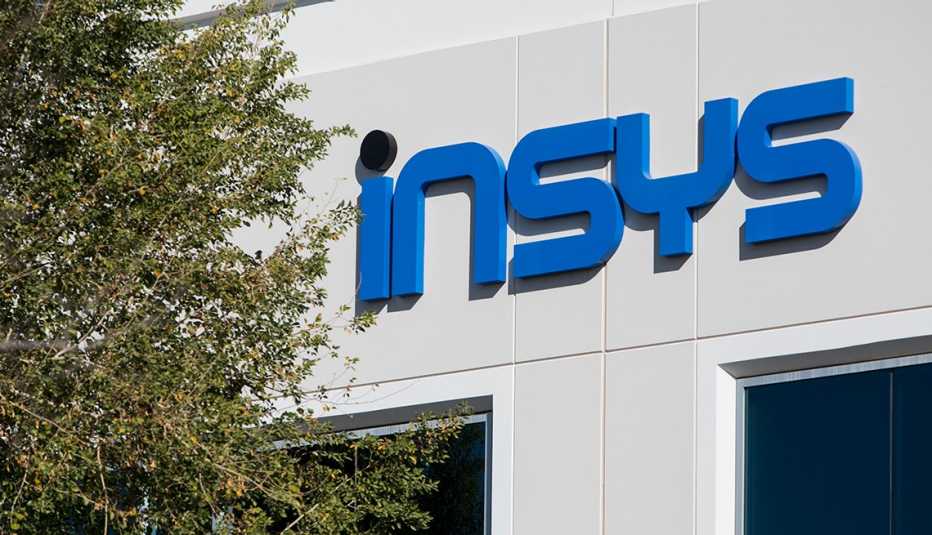Staying Fit
If you have a substance use disorder, staying sober can be a one day at a time challenge. For some, the coronavirus outbreak has made that even tougher, with routines disrupted, in-person therapy on hold, and, in many cases, less face-to-face time with supportive friends and family.
And this is a time when an alcohol and drug dependency can increase the risk of respiratory complications from COVID-19 — already higher than average for older people — because substance misuse can impair immune function. (Heavy drinking can also exacerbate other health conditions common among older adults, such as high blood pressure and heart disease.)


AARP Membership— $12 for your first year when you sign up for Automatic Renewal
Get instant access to members-only products and hundreds of discounts, a free second membership, and a subscription to AARP the Magazine.
That's why it's so important to seek help -— even if it can't be face-to-face because of the outbreak — if you or a loved one is struggling right now, says Rebecca G. Baker, director of the National Institutes of Health Helping to End Addiction Long-term (NIH HEAL) Initiative to stem the national opioid public health crisis: “Stressful times like these require even more support."
National crisis
A new Centers for Disease Control and Prevention (CDC) study finds that excessive alcohol use is responsible for more than 255 deaths each day in the U.S., or over 93,000 deaths per year. And despite a 30-year decline in drug overdose deaths since 1990 in the U.S., the pandemic may have ushered in recent spikes in these fatalities in several states, ranging from an estimated 20 percent in Jacksonville, Fla., to 100 percent in the Chicago area. The national public health group Well Being Trust predicts the pandemic may contribute to as many as 75,000 deaths related to drug or alcohol misuse and suicide in the U.S.
The pandemic has been especially dangerous for those with an opioid use disorder (OUD), particularly for those who have a chronic pain condition. Baker says that in recent weeks there's been an increase in fatal overdoses during weekends, when “these individuals are alone, and there is nobody around to call 911 or administer a medication to reverse the overdose.” She stresses the need for loved ones to know about naloxone (also known as Narcan), the overdose reversal medication, and learn how to administer it. It's possible to get low- or no-cost naloxone to keep in the home; it may help you save the life of someone you love.



































































